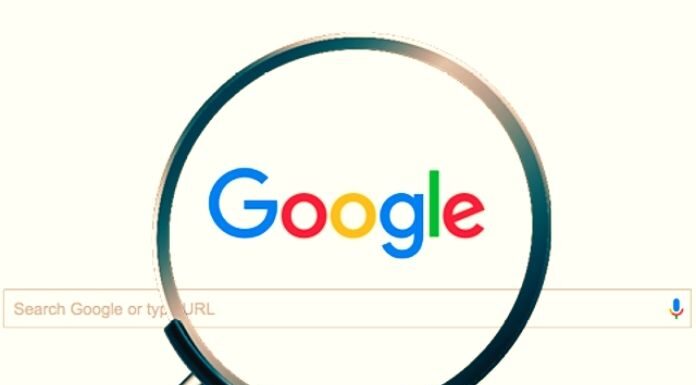Google is introducing new options for removing personal data from Google searches. However, users must submit an application, which the company must approve.
“Privacy and online security go hand in hand. And when you use the Internet, it’s important to control how your sensitive, personally identifiable information can be found.”
This is what Google writes in a new blog post. With this introduction, the company points out new guidelines and protective measures intended to make Google searches safer for users in the future.
These Are Google’s New Guidelines
The new specifications will make it possible for users to have even more content removed from Google searches. The focus here continues to be on personal information that can directly harm the user if it is published.
Previously, those affected could have information such as bank account or credit card numbers removed by request. Content containing personal contact information will also be deleted from the new guidelines.
This includes, for example, telephone numbers, e-mail addresses, or addresses. The list also includes images of personal signatures and confidential medical documents.
In addition, sensitive credentials can also be removed. The main goal is to protect users from risks such as unwanted contact, identity theft, or stalking.
According to the Google support website, users can also have “non-consensual explicit or intimate personal images” removed. If necessary, Google also deletes images of minors and pornographic content linked to the searcher’s name.
Google Needs To Approve The Request To Delete Data
As the tech magazine The Verge reports, users who want to use the new Google guidelines and submit a removal request must send the company a list of URLs.
These links must point to the misused information. To do this, users must present the search pages on which these links appear.
“When we receive removal requests, we review all content on the site to ensure we are not restricting the availability of other generally useful information, such as in news articles,” reports Google.
In addition, the company also checks whether the content to be deleted appears as part of the public records on government websites or official sources. According to Google, the information will not be removed if this is the case.
Clearing Data From Google Search Is Just The First Step
However, if Google ultimately agrees to the user’s request and deletes personal data from the search, that does not mean that the content will disappear from the web. According to Google, users must contact the hosting websites directly if necessary.
However, Google’s new guidelines and protective measures at least inspire people to hunt their names through Google searches again.
ALSO READ: The Pillars Of Occupancy – Or: What Makes An IT Job Attractive?

